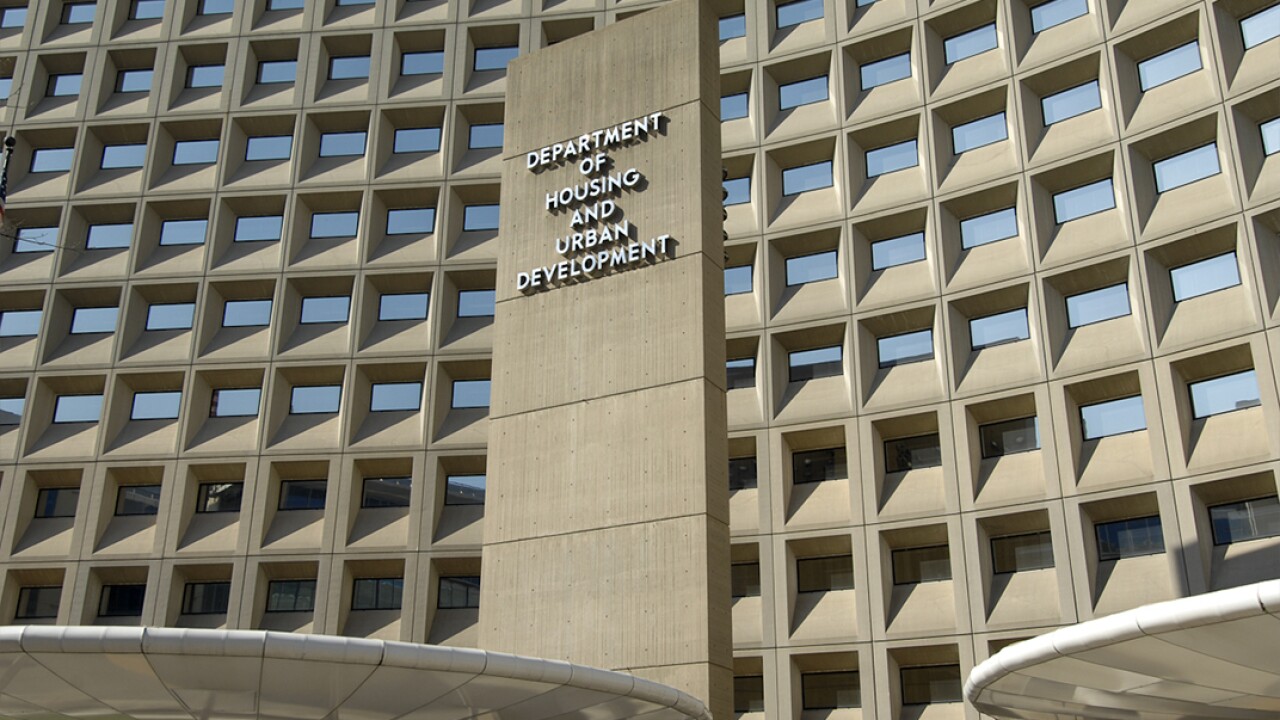-
Should the reserve account require more funding, the transaction can draw on a letter of credit from Bank of Nova Scotia, to be draw upon in case of monthly liability shortfalls or other covenant events.
July 24 -
The deal brings Kiavi's half-year issuance to almost $1 billion, and after selling all its offered notes, was open to potentially selling rated RTL securitizations in future offerings.
July 23 -
The pool, collectively, has a cap rate of 8.57%, with an in-trust loan-to-value (LTV) at the cutoff date of 102.3%, and an appraisal LTV of 61.5%.
July 23 -
BHI has extended the revolving line of credit agreement with Lendbuzz to $50 million, and Janus' B-BBB Collateralized Loan Obligation ETF has surpassed $1 billion in assets.
July 22 -
Most of the notes, classes A1 through A4, have a total initial hard credit enhancement of 9.19%. Classes B, C and D have initial credit enhancement levels of 6.09%, 2.50% and 125%.
July 22 -
Yields on the notes are expected to range from 6.0% on the A-rated tranche to 11.4% on the BB- tranche, maturing in July 2024.
July 19 -
Royalty revenues account for virtually all the program's incoming securitized collections, at 95.5%, with fees on initial contracts and other income accounting for 4.5%.
July 18 -
Conventional trucks with sleeper compartments make up the largest exposure to the collateral, with a 24.3% slice of the pool, and virtually all of the 3,549 underlying contracts are backed by personal guarantees.
July 17 -
For at least the fifth consecutive quarter, the Providence, Rhode Island, company increased its allowance for credit losses on general office loans, which continue to be a problem area for banks.
July 17 -
The proposal would add reforms aimed at broadly prioritizing owner-occupant access and end the "test" or "demonstration" mode these sales have been in since 2002.
July 17 -
Amid the housing market's challenges, the pool still has borrowers with strong credit profiles, including a 48% debt-to-income (DTI) ratio, and low leverage of 63%, for a sustainable loan-to-value ratio.
July 17 -
The notes are expandable so that at any time during that revolving period the issuer can upsize the notes, to a maximum of $500 million in the deal.
July 16 -
The Charlotte, North Carolina-based bank saw profits and net interest income dip in the second quarter, but made up lost revenue through investment banking fees.
July 16 -
A Rocket Mortgage securitization is the first private investor deal with a high share of e-notes, and the company is considering use with another loan product type.
July 15 -
The class A and class B notes benefit from credit enhancement levels of 12.50% and 8.75%, respectively, and the class A notes benefit from the subordination of class B certificates.
July 15 -
The investment banking giant said that it will "moderate" its pace of share repurchases as it continues to talk to the Federal Reserve, which recently increased its stress capital buffer from 5.5% to 6.4%.
July 15 -
Known at BLAST 2024-3, the deal will issue five classes of notes with subprime auto loans serving as collateral, even if the pool is upsized to $680 million.
July 12 -
Investment banking fees shot up at the nation's largest bank, thanks to rebounds in M&A and the equity capital markets segment. And despite higher credit costs in the company's card business, a top bank executive expressed confidence in the health of U.S. consumers.
July 12 -
The wireless infrastructure industry has positive fundamentals, with all major U.S. carriers making further network infrastructure investments to boost coverage and capacity to meet growth in wireless data traffic.
July 11 -
One of the transaction's many positive attributes is its low loan-to-value ratio, 71.5%, and with 4.7 million residents, the Riverside-San Bernardino-Ontario, Calif., metro area ranks as the 12th most populous metro area in the U.S.
July 10


















